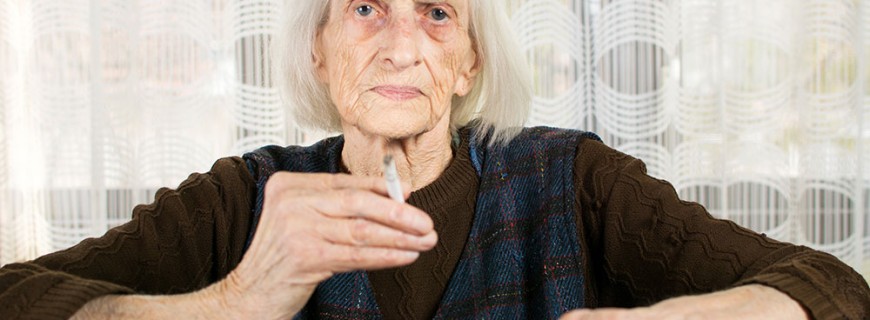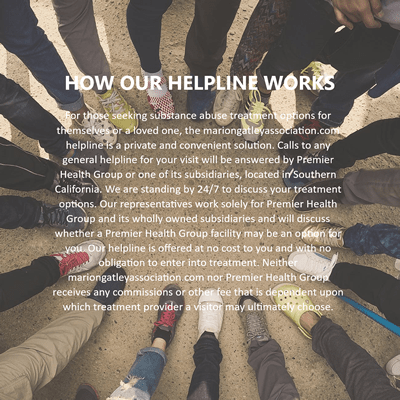Alcohol Abuse and the Elderly
Could Grandma be addicted to drugs or alcohol? Impossible! That’s for young people who might not know any better, right?
Wrong.
According to the National Council on Alcoholism and Drug Dependence, 2.5 million older Americans are addicted to alcohol. In fact, 50 percent of those recently admitted to nursing homes have an alcohol-related problem. These adults are routinely hospitalized as often for alcohol problems as they would be for heart attacks.
Some older people have abused alcohol for most of their lives, but the routine of job and family kept the addiction in check. Suddenly, retirement looms. Children grow up and leave the home. A life partner becomes chronically ill. The support system of friends thins out.
Alcohol begins to fill in the gaps. Socializing where alcohol is served may become habitual, as there seems nothing else to occupy time. Solitary or secretive drinking may begin so that family members who check will not interfere.
Often, people continue to drink the same amounts they did when younger. Problems start when aging curtails alcohol tolerance and increases sensitivity to it. Aging bodies no longer metabolize alcohol as well as when younger, particularly a woman’s metabolism. A person may find the same amounts she drank in youth make her tipsy, now.
Alcohol raises the risk for falls, a major cause of death and debility for older persons.
The shocking statistics from the National Statistics of the United Kingdom confirm that 8,367 deaths occur for the elderly every year from falls, as well as broken bones and lengthy hospital stays.Drinking slows mental alertness and alcohol-soaked brain cells become a precursor for dementia. Alcohol also raises blood pressure and causes changes in blood vessels and heart function. After a while, heavy drinking damages the liver, kidneys, heart and stomach.
What constitutes heavy drinking for an older person? Andrew Langford of the British Liver Trust pooh-poohed the picture of an elderly woman raising a finger of sherry at dinner.
He stated, “It’s likely to be a bottle of wine a day.” He also reported that older drinkers seem not to worry about the dangers of drinking, as they have been consuming alcohol for years and their health is fine.
How much is too much? The stringent rule for moderate drinking is for men and women over 65 to imbibe in no more than one drink per day. Even at this moderate amount, problems can begin when alcohol interferes with prescription drugs or is not metabolized properly, leading to heart failures.
Elderly persons often see multiple doctors, and obtain multiple prescriptions. Many older people become dependent upon drugs to deal with chronic pain. A warning signal of this kind of addiction is when the individual begins thinking about the drug and worrying about lack of function without it.
A serious side effect for elderly abuse of drugs is delirium and dementia. These are often misdiagnosed as age-related failings, when, in fact, they may be directly related to drug overdosing.
As a rule, statistics say that men abuse alcohol and drugs more than women do, but women are more likely to begin abuse later in life to counter losses. Women may become widowed or divorced in later years, leading to sleep problems and depression. Family members often excuse dangerous addictions because the person ‘needs something’ to deal with sadness. Sometimes family fails to confront an older relative for fear of estrangement.
There is ample evidence that the elderly benefit greatly from substance abuse intervention. There is less shame today from admitting the problem, and much to be gained from the counseling and social interaction that rehabilitation may lead to. Interesting hobbies, more outside stimulus and independence can bring the joy of living back again.
If you or a family member is suffering from an addiction, don’t wait to make positive changes. There is a great deal of help available. Contact a Marion Gatley Association drug rehab center for addiction service today.
You will be glad you did!



